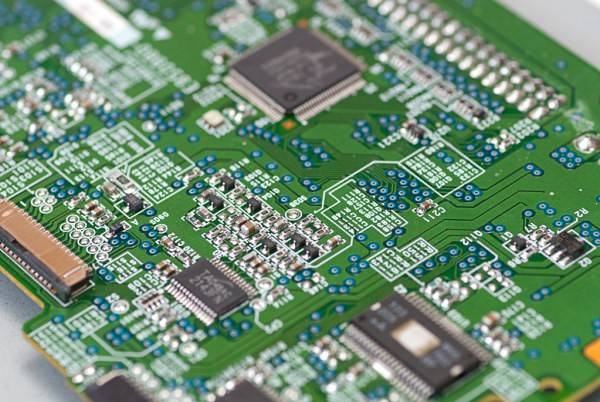Wave soldering is one of the important links in PCBA processing. It has certain requirements for PCBA, which are mainly reflected in PCB design, component placement, PCB and flux and so on. What are the specific requirements for these aspects?

1. PCB Design
Component layout and arrangement direction should follow the principle of smaller components in the front and try to avoid mutual occlusion.
2. Components plug-in mounting
Components should be able to withstand the temperature shock of more than two wave soldering; components after soldering should have no cracks, no discoloration, no deformation, no brittleness, etc. It is necessary to ensure that the changes in electrical performance parameters of components after wave soldering meet the specifications requirements defined by the book.
3. Components Placement
Using the short-insertion one-time welding process, the component pins should be exposed to the welding surface by 0.8~3mm.
4. PCB
The PCB should have heat resistance and can withstand high temperature of 260℃ and time above 50s; the peel strength of the copper foil should be good; the solder mask film should still have sufficient adhesion at high temperatures, and the solder mask film will not wrinkle and scorch after soldering, and there is no burning phenomenon; The warp and twist of PCB is less than 0.8%~ 1.0%.
5. Soldering Flux
For successful PCBA wave soldering, the soldering flux coating must be uniform and the coating thickness must be controlled. In order for the soldering flux to work, the flux must penetrate the holes and coat the pins. On the wave crest, the flux can help reduce the surface tension of the solder, preventing the solder from peeling and running off the metal surface as the board exits the wave crest, causing solder bridges or icicles.
In addition, the PCBA board is preheated before wave soldering, which not only helps to increase the surface temperature of soldering, but also makes the flux and soldering surface faster.
SHENZHEN HOYOGO ELECTRONIC TECHNOLOGY CO., LTD. is a company specializing in providing overall PCBA electronic manufacturing services, including one-stop services from upstream electronic components procurement to PCB production and processing, SMT placement, DIP plug-in, PCBA testing, and finished product assembly.